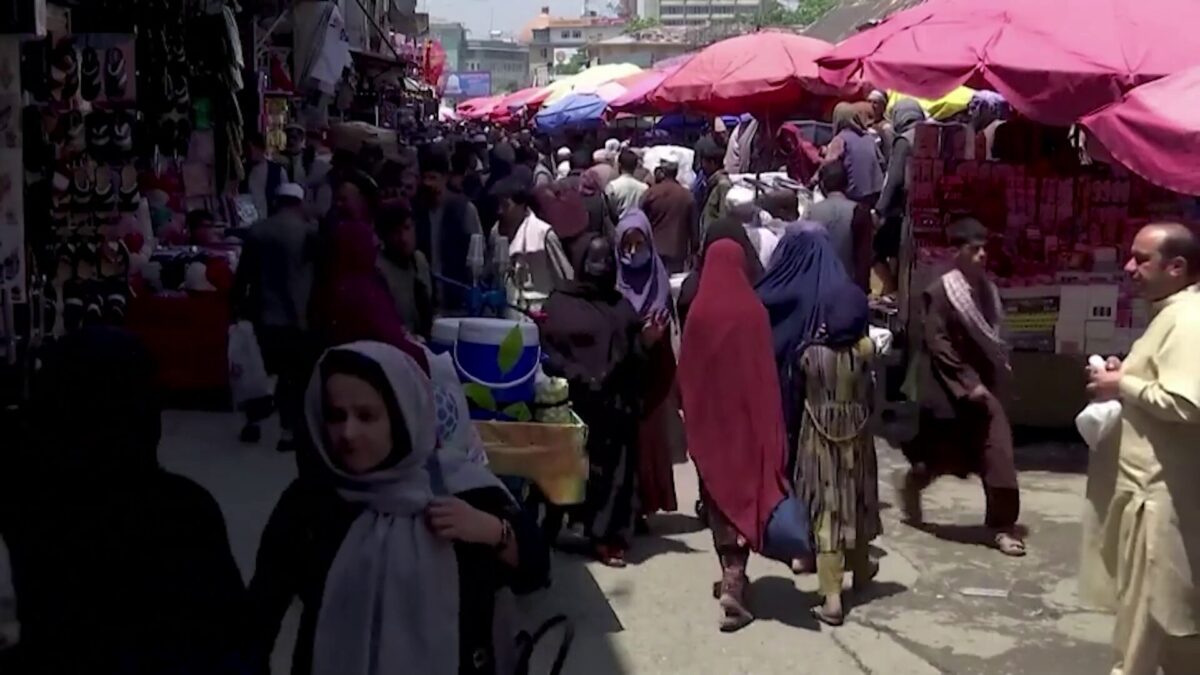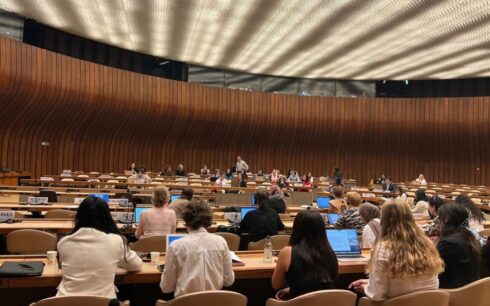KABUL — The Taliban’s recent wave of arrests targeting women in Kabul for allegedly not adhering to the group’s strict hijab requirements has sparked widespread concern and condemnation. Families fear for their daughters’ safety and question the legal basis of these detentions within Sharia law.
In neighborhoods like Dasht-e-Barchi, Khairkhana, and Taimani, the Taliban has detained several females, citing dress code violations. This has led to mounting anxiety among residents about the fate of their loved ones and uncertainty about acceptable attire to avoid arrest.
Amid these concerns, some of the detained girls have directly challenged the Taliban, seeking clarification on where such arrests are justified under Sharia law. A Kabul resident expressed dismay, questioning the religious legitimacy of detaining women and girls without a male guardian, a practice she claims is not supported by Islamic law.
“How long will we suffer? Is this in their law? Is it in Sharia law to take people’s wives or people’s daughters and keep them for three nights and three days without a legitimate companion? In which sharia is this? We have never read and seen the same thing,” a Kabul resident said.
In addition to this, some families also say that they are worried about the fate of their daughters and do not know what kind of clothing they should wear to avoid being arrested.
“Until today, our concerns were that our sons are unemployed and cannot find work. Now another concern has been added for us. When our daughters leave home, we are worried about their arrest on charges of what kind of clothes they are wearing, why the veil is not right on their head and why their feet are bare,” said Farida, mother of two daughters in Kabul.
The Union of Human Rights Activists has responded by urging the International Criminal Court to investigate these incidents as potential cases of gender apartheid. Citing the Rome Statute, the Union highlights the abductions as a grave violation of international law.
The Coordinating Council of Diplomatic and Consular Missions of Afghanistan echoed these concerns, describing the arrests as a blatant disregard for Afghan customs, culture, and human rights norms. They demand the immediate release of all detainees, branding these actions as unprecedented in the country’s modern history.
Taliban spokesman Zabihullah Mujahid, however, offered a different account. He claimed that only a few girls, detained for “modelling,” were held briefly before being released. Mujahid also accused some media outlets of misrepresenting the situation, alleging that beggar women gathering in Kabul were portrayed as arrested individuals.
The Afghan Republican Women’s Network has organized protests in response to these arrests, calling for global attention and intervention from human rights organizations. Their efforts highlight the growing unease among Afghan women and international observers over the Taliban’s treatment of women’s rights and freedoms since their return to power.





